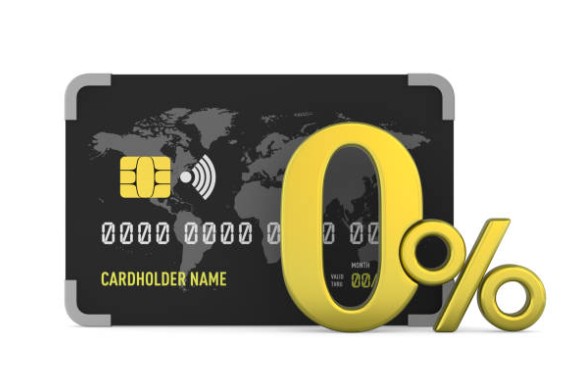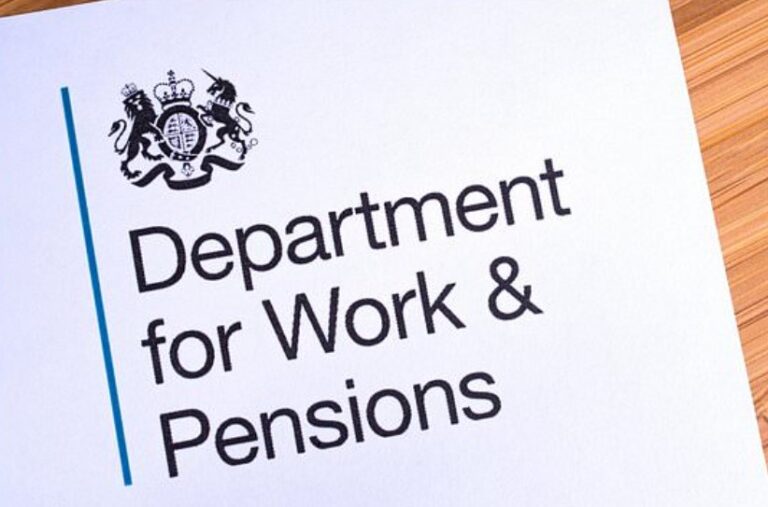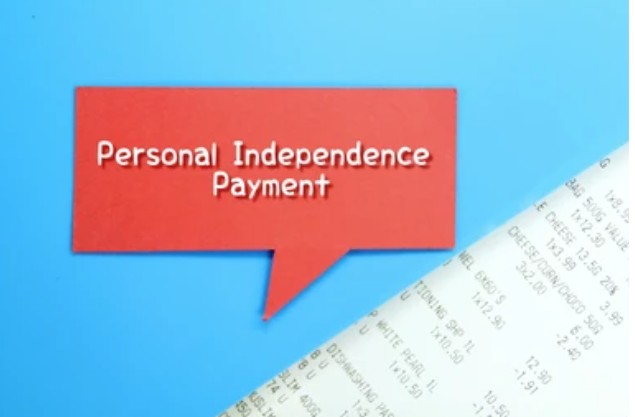Can I Transfer Money from Credit Card Without Getting Charged Fees?
Last Updated on
If you’ve ever found yourself asking, “Can I transfer money from a credit card?”, you’re in good company. Whether you need to cover urgent expenses, consolidate debt, or simply move funds around, many people in the UK are curious about using their credit cards to access cash or transfer money. But how does this work exactly? Is it a good idea? What are the hidden costs and risks?
In this detailed guide, we’ll explore everything you need to know about transferring money from a credit card in the UK — from the methods available to the fees involved and safer alternatives you might want to consider.
Can You Transfer Money From a Credit Card in the UK?
The Basic Concept
Credit cards in the UK are primarily intended for use in purchasing goods and services, both in-store and online. However, they can also be used to access cash or transfer balances under certain conditions. The key options available for transferring money from a credit card are:
- Cash Advances: Withdrawing cash using your credit card.
- Balance Transfers: Moving debt between credit cards or, in some cases, directly to a bank account.
- Third-party Payment Services: Using your credit card on platforms like PayPal to send money indirectly.
Each method has different costs, limitations, and implications, which we’ll explain in detail.
1. Cash Advances: Taking Cash Out Using Your Credit Card

Cash advances let you withdraw physical cash using your credit card, often via an ATM or bank branch. After withdrawing, you can deposit this cash into your bank account or use it as needed.
Pros:
- Quick access to cash.
- It can be used for urgent payments or emergencies.
Cons:
- High Fees: Most UK credit cards charge a cash advance fee of around 3% to 5% of the amount withdrawn.
- Immediate Interest: Unlike purchases that often have an interest-free period, interest on cash advances starts immediately and usually at a higher rate (typically 20% – 30% APR).
- Lower Withdrawal Limits: Credit card cash advances usually have a daily or monthly withdrawal limit, often much lower than your overall credit limit.
- No Grace Period: You don’t get any free time before interest kicks in.
Example:
If you withdraw £500 via a cash advance with a 3% fee, you’ll pay £15 upfront plus interest charged daily from the moment you take the money out.
2. Balance Transfers: Moving Debt Between Cards or to Bank Accounts
Balance transfers allow you to move debt from one credit card to another, often to take advantage of 0% introductory interest offers.
Typical Use:
- Consolidating existing credit card debt onto a new card with a lower interest rate.
- Reducing monthly repayments.
Can You Transfer Money to Your Bank Account?
Some UK credit cards offer “balance transfer to bank account” deals, allowing you to move funds directly to your bank account instead of another credit card. This can seem like a way to transfer money from a credit card to your bank, but:
- These offers are less common and usually come with higher fees (typically 2-3%).
- They may have a limit on the amount that can be transferred.
- Interest-free periods may not apply or be shorter.
Important:
Balance transfers are designed for managing debt, not for cash withdrawal or spending money freely. Misusing balance transfers can lead to fees and higher debt levels.
3. Using Payment Platforms to Send Money with a Credit Card

You might also wonder if you can use payment services such as PayPal, Venmo, or other money transfer apps to send money funded by your credit card.
How It Works:
- Link your credit card to the payment platform.
- Send money to a friend or family member via the platform.
Drawbacks:
- Most platforms charge a fee (often around 2-3%) for credit card funding.
- This isn’t a direct bank transfer but an indirect way to send money.
- The receiver may face delays withdrawing funds to their bank account.
What Are the Costs of Transferring Money from a Credit Card?
Using your credit card to transfer money isn’t free. Here’s what you might expect:
| Fee Type | Typical Cost Range | Notes |
|---|---|---|
| Cash Advance Fee | 3% – 5% of the amount withdrawn | Charged upfront, plus daily interest |
| Cash Advance Interest | 20% – 30% APR | Starts immediately, no grace period |
| Balance Transfer Fee | 2% – 3% of the amount transferred | Sometimes waived in promotional offers |
| Foreign Transaction Fee | 2.75% or more | Applies if transferring abroad or in a foreign currency |
| Payment Platform Fees | 2% – 3% | When using services like PayPal |
Why These Costs Matter?
The fees and interest charges can quickly add up, turning a seemingly simple cash transfer into an expensive financial move. For example, withdrawing £1,000 with a 3% cash advance fee means paying £30 upfront, plus interest accumulating daily, which could lead to hundreds in extra costs if unpaid quickly.
Safer and Cheaper Alternatives to Transferring Money from a Credit Card
If you’re thinking about transferring money from your credit card because of financial pressure or an urgent need, consider these alternatives:
1. Personal Loans
- Typically offer lower fixed interest rates than credit card cash advances.
- You get a lump sum paid directly into your bank account.
- Structured repayment plans can help with budgeting.
2. Overdrafts

- Many UK banks offer overdraft facilities, which can be cheaper than credit card cash advances.
- Interest rates and fees vary, so check your bank’s terms.
3. Peer-to-Peer Lending
- Platforms connect borrowers with individual lenders.
- Often lower interest rates than credit cards.
- May require credit checks and longer approval times.
4. Borrowing from Family or Friends
- Interest-free or low-interest borrowing.
- Requires clear communication and trust to avoid relationship issues.
Tips for UK Consumers Considering Money Transfers from Credit Cards
- Always Check Your Credit Card Terms: Not all cards allow cash advances or balance transfers to bank accounts.
- Understand Your Limits: Your credit card provider sets withdrawal limits for cash advances.
- Repay Quickly: Interest on cash advances compounds daily, so pay off the amount as soon as possible.
- Use for Emergencies Only: Due to high costs, avoid using credit cards for regular money transfers.
- Consider Credit Score Impact: Large cash advances or balance transfers may affect your credit utilisation ratio, impacting your credit score.
Final Thoughts
To answer the question “Can I transfer money from a credit card?” — yes, it’s possible, but often expensive and complicated. Cash advances provide immediate access to cash but at a high cost, while balance transfers may offer some flexibility but aren’t designed for general money transfers.
If you’re a UK resident or small business owner considering this option, it’s crucial to weigh the fees, interest, and impact on your finances before proceeding. In many cases, exploring cheaper alternatives like personal loans or overdrafts will save you money and stress in the long run.







